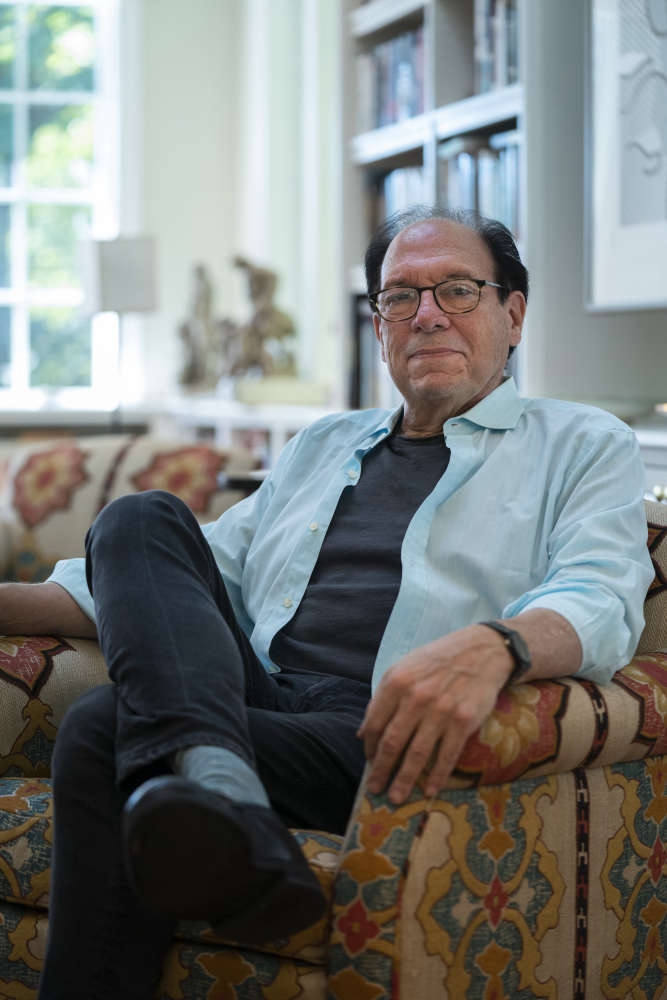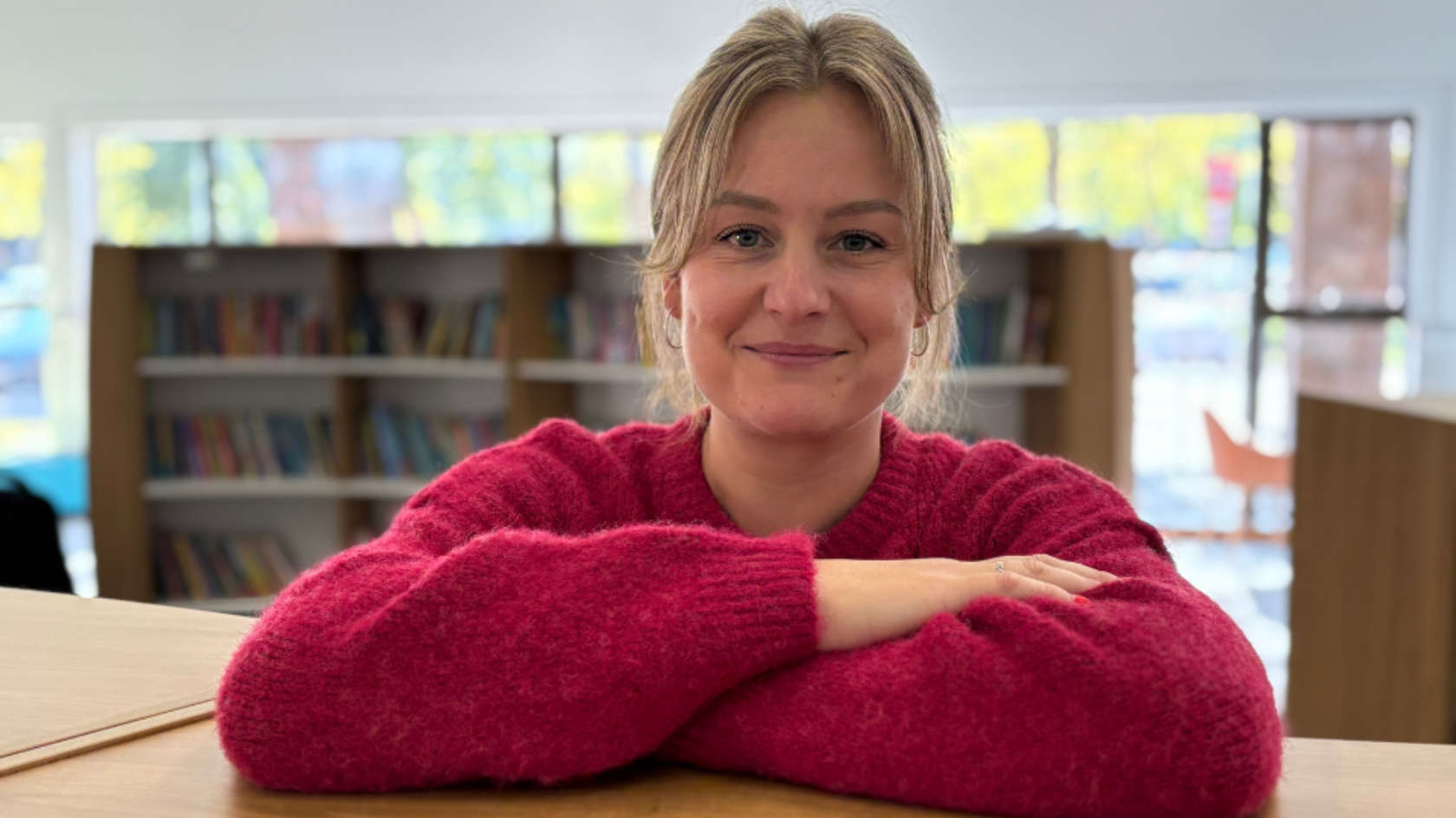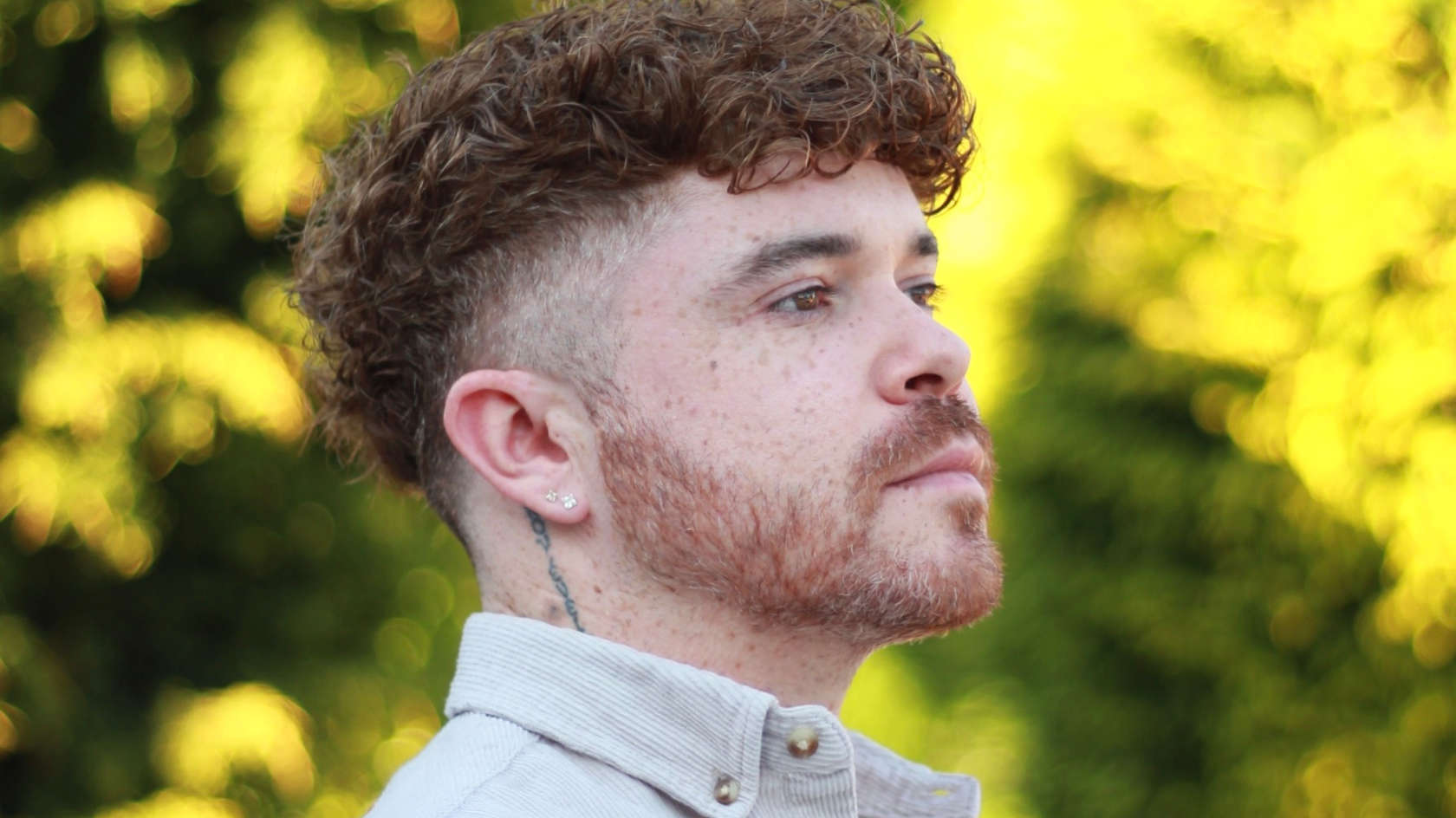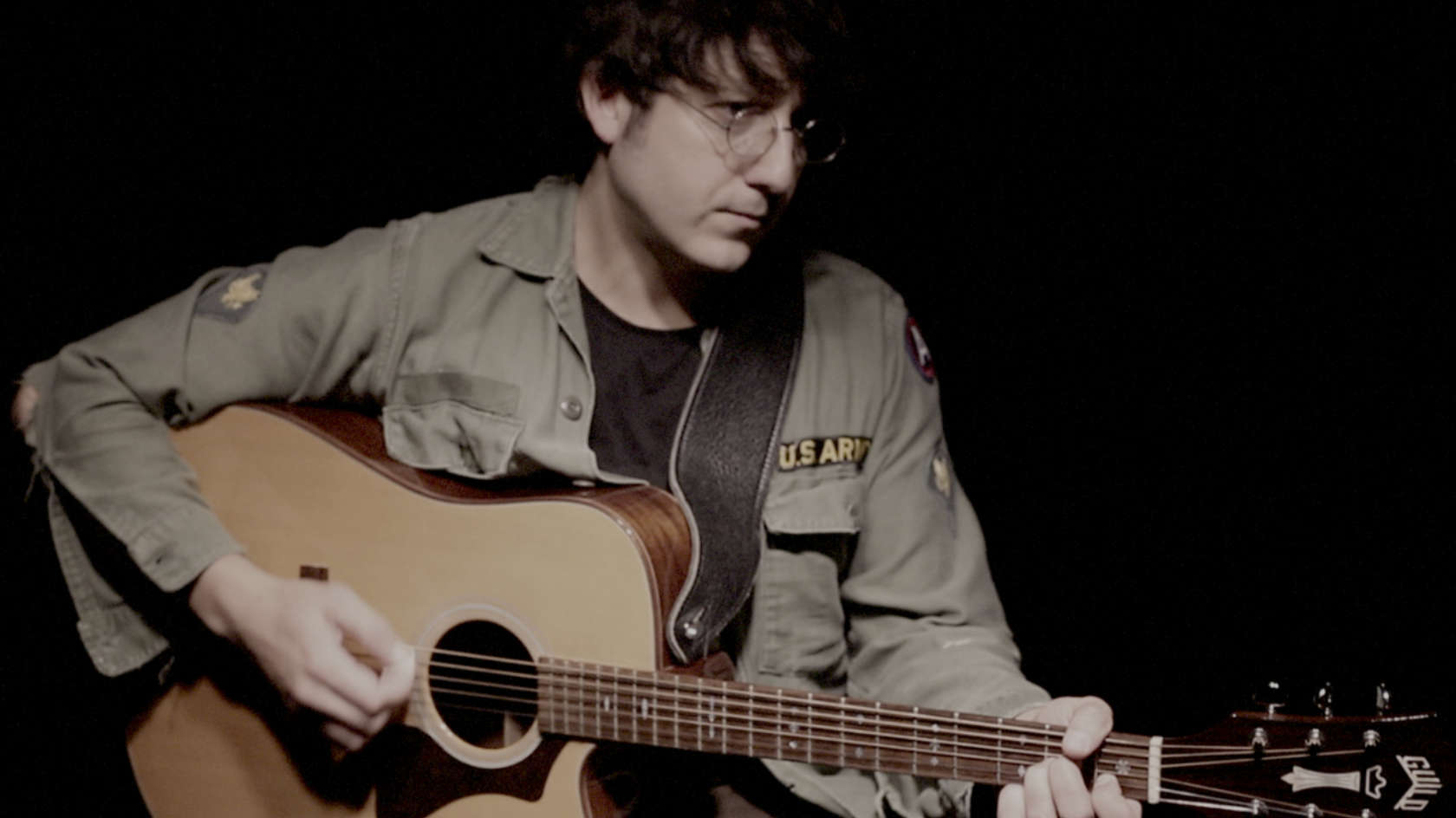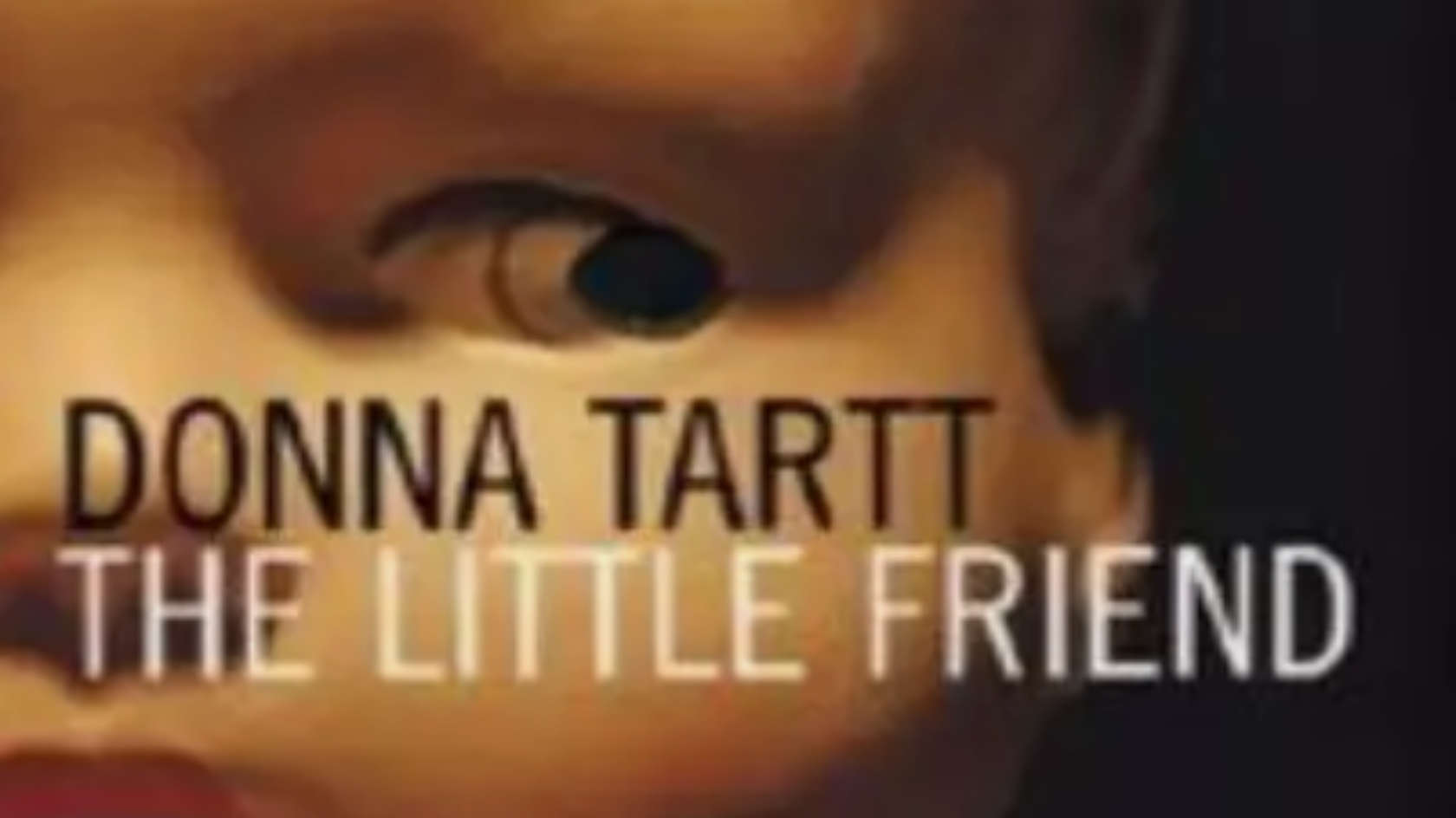
MKFM interviewed Ken Ludwig & Lucy Bailey from the show’s creative team which is coming to Milton Keynes Theatre from Tue 14 - Sat 18 Oct.
As Lucy Bailey directs her fifth Agatha Christie stage adaptation, she feels it couldn't be more timely. "There's something very reassuring about the fact that the person who's committed the crime is going to be found out and the world will make sense in the end," says Lucy, who is helming a UK and Ireland tour of Death on the Nile. "And I think this form of entertainment is particularly sought-after now, where everything is in chaos around us and we don't feel that there are many answers."
Lucy believes people are "somewhat rudderless" at the moment, adding: "There's a sense of despair in our culture and in our hearts at what's going on in the world. When you go to the theatre, though, you are plunged into something where there's going to be a solution and a resolution. I think that's why audiences are so drawn to thrillers, mysteries and whodunnits now more than ever."
Bailey's previous Christie credits include Witness for the Prosecution, Love From a Stranger, And Then There Were None and Murder on the Orient Express. She's excited about doing a sequel to the latter, with Death on the Nile also featuring Belgian sleuth Hercule Poirot.
"It's one of the biggest titles in the Christie canon, along with Murder on the Orient Express of course, and I liked the idea of going from one Poirot to the next," the director says of a whodunnit that sees Poirot solving a murder on a boat in Egypt rather than on a train in Yugoslavia.
The gripping story is set in the late-30s on board a luxurious cruise vessel under the heat of the Egyptian sun, when a couple’s idyllic honeymoon is cut short by a brutal murder. As secrets that have been buried in the sands of time finally resurface and a love triangle is revealed, can the world-famous detective untangle the web of lies at the heart of the crime?
Christie's novel was published in 1937 to strong sales and glowing reviews. Lucy hadn't read it before she signed on to direct Ken Ludwig's stage adaptation but she recalls seeing the 1974 film version starring Peter Ustinov as the Belgian detective when she was young. "It remained very potent and exotic in my imagination, as it has for other people. It's one of those massive, resonant titles that just stay with you."
Lucy also saw the 2004 TV version starring David Suchet, then read the book as preparation for directing the stage play. "And it turned out to be one of Christie's best novels. She writes in such incredible detail and she brings a huge company of people onto this boat, all of whom are completely fascinating. Then she puts them all together and slowly ratchets up the tension."
She previously worked with Ludwig on his adaptation of Murder on the Orient Express and is thrilled to be collaborating with him again, saying: "Ken has an absolute knack for making people laugh and feel hugely entertained, and he's done that in a fantastic way again with Death on the Nile."
Careful to avoid spoilers, she adds: "He has his own take on it, where he's playing out several scenarios of people falling in love on this boat. At the centre of it is this really disturbing, almost perverted love triangle, but he's surrounded that with happier characters. He's achieved both the light and shade in this piece. You have to have the darkness, otherwise it's not an Agatha Christie, but Ken ensures that it's also great fun."
He's also confined all the action to the boat setting. "With Murder on the Orient Express you're trapped on a train and with this version of Death on the Nile you're trapped on a boat, which adds to the intense claustrophobia."
As for the staging, she notes: "We're exploring how dark the boat is when you cut out the sun and how intense the sunlight is outside those shutters. It's a sort of film noir, a chiaroscuro of light and shadow, with this sense of the boat endlessly going forward and nobody being able to get off."
Given that the story is set in the 30s, is it relevant to today or just fantastic escapism? "I think it's a bit of both. With the people on board we sort of know them, because we're surrounded by similar people full of self-obsession and ambition. I also think everyone knows about or has experienced unrequited, jilted, desperate love. You have to have empathy with the characters even if they're doing something extremely wrong."
Bailey studied English at Oxford University, where she directed the world premiere of Samuel Beckett's Lessness. She co-founded The Print Room in Notting Hill Gate and was artistic director there from 2010-2012, and she was also co-founder and co-artistic director of music theatre company the gogmagogs. Her vast CV includes numerous Shakespeares, West End and touring productions and operas.
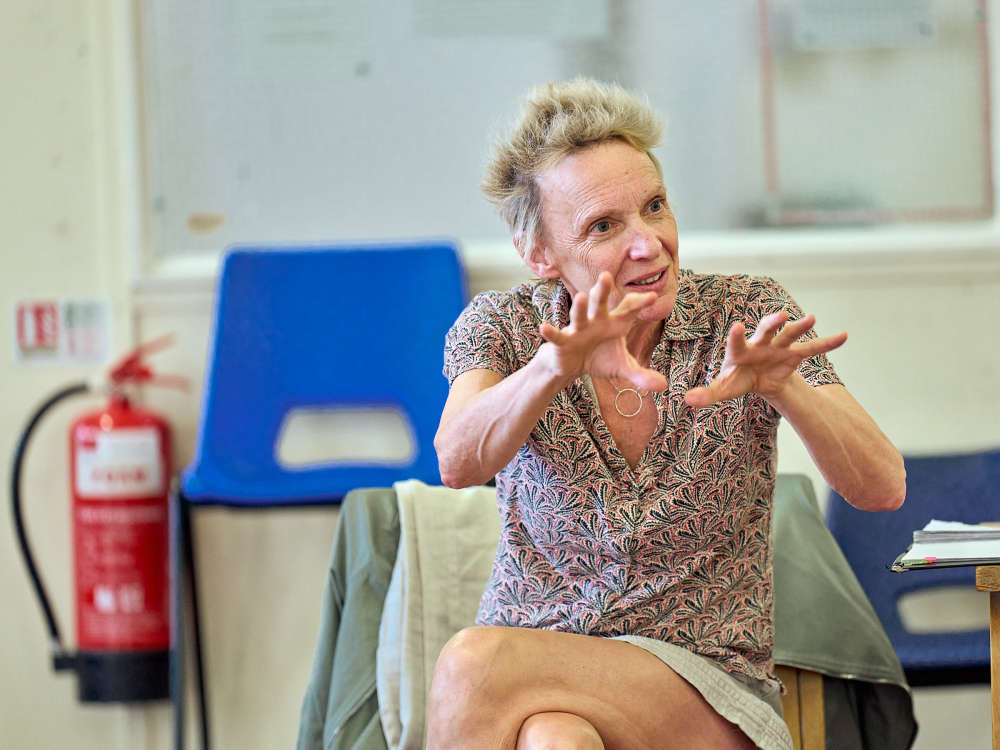
Produced by Fiery Angel, Death on the Nile is, as noted, her fifth Agatha Christie on stage and Ken Ludwig's second. The American writer agrees with Lucy that, of the 66 books Christie wrote, Death on the Nile is right up there when it comes to name recognition. "Then, when you read it, it has such an amazing story at its centre," he says. "It's fiendishly clever. There's a love triangle and the way the tensions within that ultimately explode is shocking."
What are the challenges of adapting the story for the stage? "Number one, you're on a boat, which in itself is a challenge for the director and designer working together to figure out how to present that in a thrilling way, but it's also a real challenge for the writer because you have such a small area to deal with. It was the same with Murder on the Orient Express. You can't just cut to another location."
A version of the play was staged in Washington but Ken has completely rewritten it for its European premiere. The key theme, he feels, is: "The way love can keep transforming. The story starts with a young couple who are tremendously in love, with no strings attached, then all hell breaks loose. It's a love story that turns into a breathtaking mystery."
It's also a story that the writer believes is very relevant today. "It's completely timeless because the plot doesn't hinge on the era in which it is set or what was happening in the world at that time. This is a personal story that could happen anytime."
Ludwig is a big fan of Poirot as "a fussy little Belgian" who brings lightness to Christie's dark stories and is fascinating because of his crime-solving skills. "Those little grey cells of his are always working, working, working, especially in Death on the Nile. The story keeps turning on its head and it does so with so much muscle. It's very raw and tough and tight, so the audience is just mesmerised."
Born in Pennsylvania, Ken has written more than 35 plays and musicals, ranging from the Tony Award-winning Lend Me a Tenor and the Tony and Olivier Award-winning Crazy for You to Moon Over Buffalo and Baskerville, to name just a few.
He studied at Cambridge University and is a big fan of English theatre, so he's very happy to be working over here again. Last year he made the headlines when he donated £1 million to help fund conservation work on the home of Shakespeare's daughter Susanna at Hall's Croft in Stratford-upon-Avon. Preserving Shakespeare's family heritage, he feels, is "tremendously important" and that's why Ken is "hugely proud" of his contribution to the UK theatre scene.
As for tackling another Agatha Christie after Murder on the Orient Express he says: "I enjoyed doing the first one immensely, so when I was given the opportunity to do another one I said 'I'd love to'."
It also gave him the chance to work again with Lucy Bailey, of whom he says: "She's brilliant, she's very meticulous, she knows what's going on in every second of the play and she makes terrific suggestions. I've worked with lots of wonderful directors and the truly great ones are collaborators throughout the process."
Asked why he thinks audiences love a good whodunnit, Ken answers: "There's something satisfying about them. The problem is solved and we're back in a stable world." Echoing his director's sentiments, he adds: "There's so much instability in the world, so that sense of stability that a mystery gives you at the end is very reassuring."
